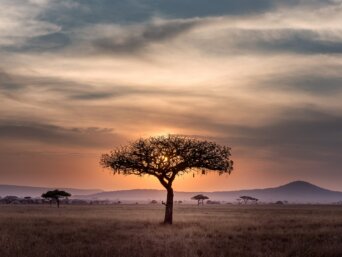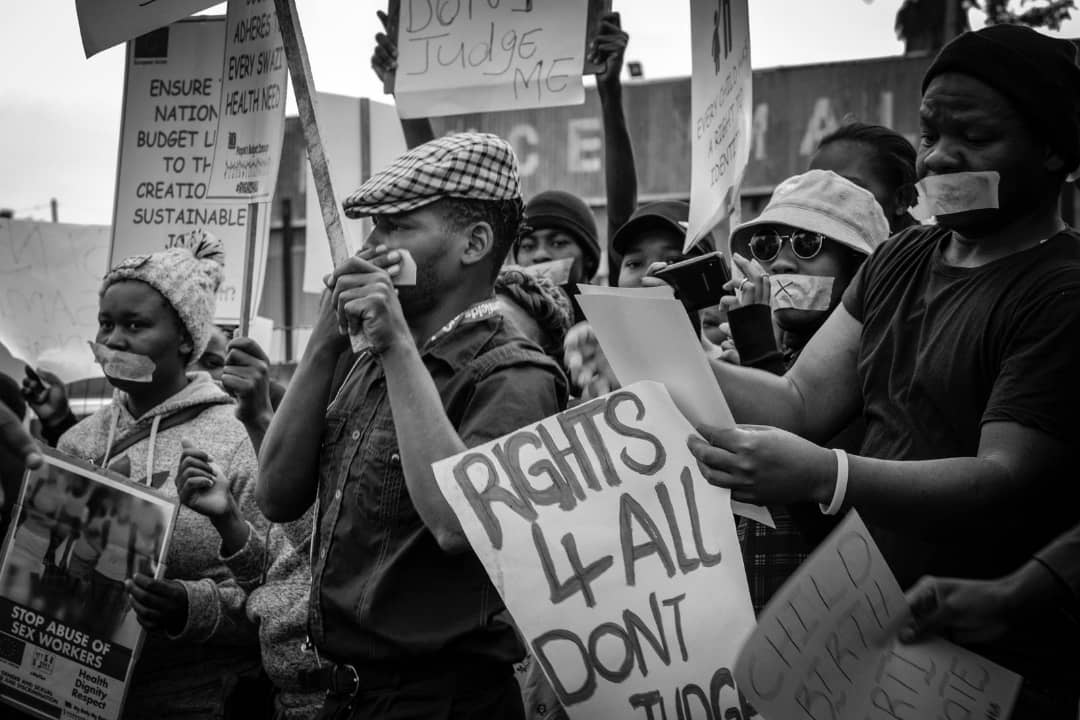- About
- Topics
- Picks
- Audio
- Story
- In-Depth
- Opinion
- News
- Donate
- Signup for our newsletterOur Editors' Best Picks.Send
Read, Debate: Engage.
| topic: | Human Rights |
|---|---|
| located: | Ethiopia, South Africa, Chad, Kenya, Senegal, Angola |
| editor: | Bob Koigi |
Africa has experienced an eventful 2021 that has shaped its political, economic, social and international relations and will likely define the continent’s direction in 2022.
From the protracted Ethiopian conflict that has threatened to destabilise the East African nation and the fragile Horn of Africa region, the emergence of a new COVID-19 variant in South Africa that is now a global concern, riots and demonstrations, and elections in at least 12 countries, some of which have heralded a departure from authoritarian rule to democratic regimes and a spate of coups, Africa is bracing itself for a 2022 that promises mixed fortunes.
As the devastating impacts of the Omicron variant continue to be felt and the world readjusts to respond to the new threat, Africa, like the rest of the world, is set to feel the effects of policies that continue to be implemented to arrest the spread of the variant. Key sectors like travel, tourism, agriculture and trade will likely take the greatest hit.
Close to 20 African nations will be holding their elections in 2022, among them Kenya, Senegal, Angola and Chad, with the elections likely to alter the countries’ political space while redefining regional, continental and global geopolitics.
Conflict flashpoints will make headlines, especially in the Sahel region, where militia groups continue to make inroads, and the ongoing war in Ethiopia persists as government troops and Tigray rebels continue to harden their stances.
On the flipside, as more multinational firms continue to set up shop in Africa, buoyed by its youthful population and investment opportunities, the IT sector is poised to experience a further boom. This will be bolstered by a growing number of homegrown innovations, especially by young techies who are setting up hubs and businesses, providing jobs and inspiring a technology-driven economy.
The historic continental trade pact, The African Continental Free Trade Area (AfCFTA), will celebrate its second birthday this year since it was enforced in July 2019. With 42 out of 55 African countries having ratified it, Africa is looking at further opening up its borders to increase the free mobility of people and goods while strengthening regional integration.
As the continent walks into 2022 with cautious optimism, these major happenings will redefine how the African countries will relate with each other and how the continent will engage with the rest of the world.
Photo by Hu Chen

